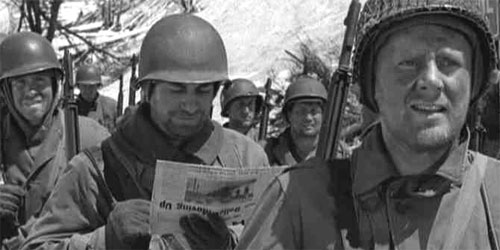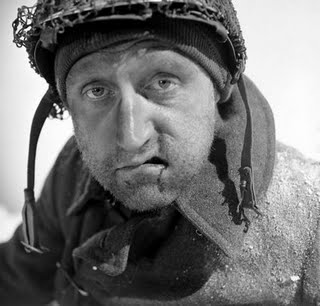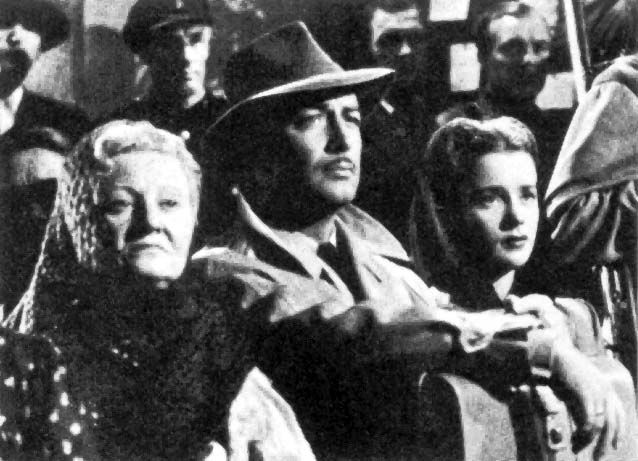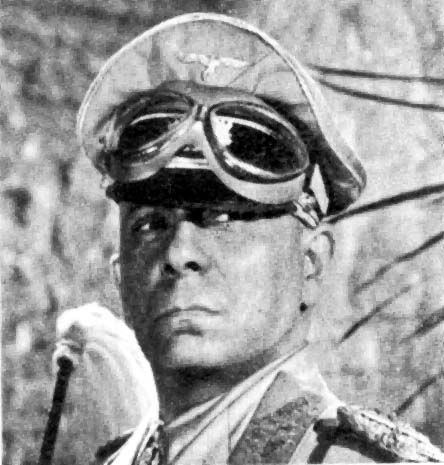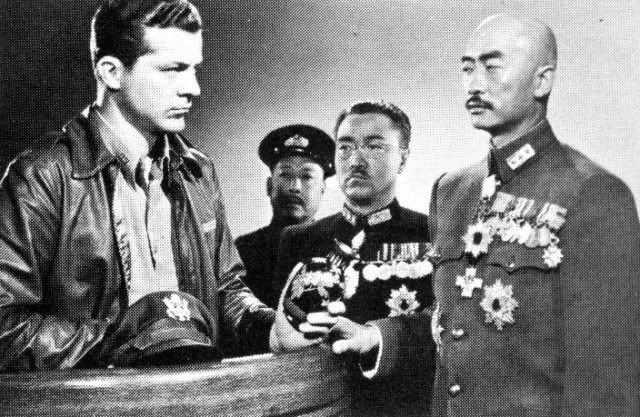Well, from the very beginning, the Austrian émigré turned actor proved to be a difficult customer to handle. Even as an actor he was an egotist with an unusually individual talent. Often he was right, but he alienated a great meny people in proving it. Stroheim was not a man of patience or biding his time, nor was he a man of compromise. His insistence on the ultimate in realism was legendary. When he, for example, wanted scenes of home life in a San Francisco apartment, he moved his cameras and crew into a San Francisco apartment! Even the murder scene in his cause-célébre among film, “Greed”, was staged in a building where a similar murder had taken place! And the climactic sequences in Death Valley were literally sweated out – slowly and painfully under a blazing sun, with no shade or comfort. Most of the crew were taken quite ill at one time or another – poor Jean Hersholt spent months recuperating in a hospital from a particularly unpleasant eruption of blisters that grew under the skin. Stroheim drove everybody mercilessly, and whether it was from loyalty, admiration or sheer hatred and a determination to show him that they could not be licked, he drew performances from his players and work from his camera operators that they never equaled under any other director. The actors played as though hypnotized into believing that they were really the characters they were portraying. 
Of course, MGM executives were not happy with the film, which didn’t fit in with their policy at that time, and through the years tended to exaggerate the figures involved in its cost. But that film remains not only a movie milestone, but Stroheim’s own lasting monument. It has to be mentioned that he had also a pretty weird and in the same time wonderful fascination for the old Austro-Hungarian empire, with elegance, luxury and royal society, but real life in 30s, and early 40s, alas, wasn’t all champagne bubbles…
On the other hand, concerning other great actors which were portraying Germans during the war, perhaps the last truly original villain hero was nowadays sorrowfully and almost completely forgotten Helmut Dantine.

Helmut Dantine, “Edge of Darkness” (1943)
As captain König in Lewis Milestone’s “Edge of Darkness” he was the foremost proponent of a gallant, to a certain extent sportsmanlike negative hero, to whome that gallantry did little good. Incredibly suggestive with his deep-set eyes and fine, well-modulated voice, he somehow always stood aside, like concealing his own, true feelings for. His directors usually exploited his face by giving him rather more close-ups than usually. 
Another forgotten villain of a more rough-and–tumble nature, was Raymond Hart Massey, one of several sons of the owner of Toronto’s Massey-Harris farm equipment and tractor company, who played a neat and egotistic Nazi officer in 1943’s “Desperate Journey” directed by Raoul Walsh.
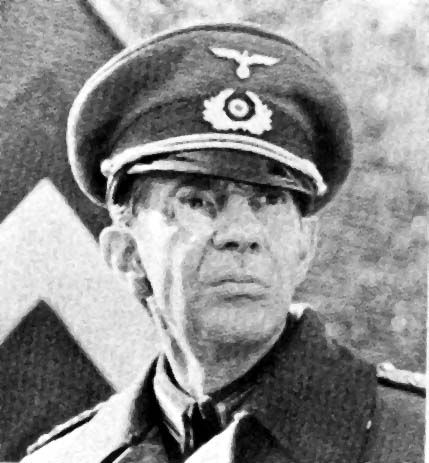
Raymond Hart Massey, “Desperate Journey” (1942)
Free of temperament, kind, always ready to take advice, he managed to get himself well established as an actor in United States, where he represented almost a role model of a quiet, but dependable fellow. However, for the most part director Raoul Walsh in this film was more concerned with putting on the biggest and most exciting show possible, with an all-successful traditional hectic clearing up - a good punch right-into-the-kisser! After all, a sturdy inner lining of parody was often surprisingly perceptive in those times…
How did von Stroheim depict Rommel in this movie? Probably the complete opposite of the near-hero of James Mason’s 1951 The Desert Fox.
Well… I think that you are on the right track, my dear Mr. Gary D. But I really don’t want to spoil anything regarding the story of the film. The best parts are some excellent close-ups, with that ruthless and bombastic attitude vigorously emphasized.
BTW: Those legendary male hormones, which were actually applied only once by that truly badly informed Dr Morell to combat Hitler’s fatigue via those Orchikrin pills, actually were completely out of harm’s way, my dear Mr. Gary D. Much more damage actually was induced by those even today highly popular herbal-based remedies, widely used as alternative treatments for a number of ailments. You see, recent biochemical studies actually revealed the fact that intensive intake of a highly intriguing class of biochemicals, generally know as phytohormones, by means of multiple herbal constituents like that seemingly absolutely harmless Euflat is inversely associated with the risk of numerous and dangerous cardiovascular diseases.
It is also very interesting, and in the very same time highly disturbing that numerous scientist have completely neglected the fact that estrogenic, androgenic and progestogenic activities of the known phytoestrogens, and structurally related herbal flavonoids like genistein, kumestrol, formononetin, ligustilide or, God forbid, 8-prenylnaringenin are capable to effect so called endothelial barrier dysfunction and to inhibite leukocyte-endothelium interaction, thereby modulating vascular inflammation, a major event in the pathogenesis of atherosclerosis as well as numerous highly interesting occurrences in human body.
As far as I remember, that benign Euflat – used to combat those digestive disturbances and meteorism, contained certain ammounts of a highly intriguing herb called Radix angelica…also known as Angelica Sinensis. You see, my dear Mr. Gary D., I am eager to learn what were the exact amounts of 3-Butylidene-4,5-dihydro-1(3H)-isobenzofuranone in that… natural… bio-enhancer of no matter what. :rolleyes:
And why? Well, once upon a time even those good old-timers in the North Central Plains knew that grazing on alfalfa is capable to cause reduced fertility in sheep…
In the meantime, as always - all the best! 
